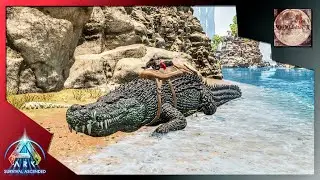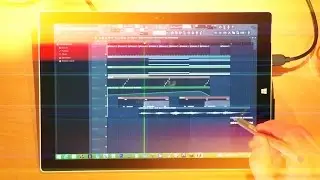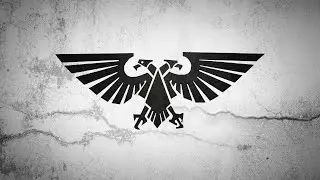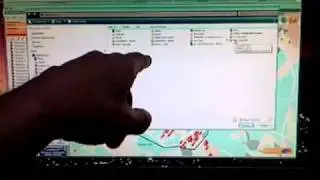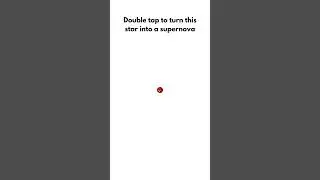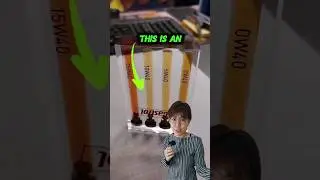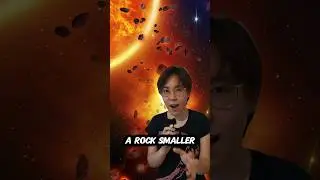How Carbon Dating Works (Half Life) - GCSE Physics
Carbon dating (radiocarbon dating) is used to determine how old certain objects are. For example, we can determine the age of a tree trunk - how long ago was it chopped down?
When a tree photosynthesizes, it takes in carbon dioxide, meaning that it absorbs an isotope called carbon-14. Carbon-14 is an unstable isotope that decays into a more stable element, nitrogen.
The half-life of a radioactive isotope is defined as the time for a sample of this isotope to decay by 1/2 its original amount. The half-life of carbon-14 is 5700 years. In other words, it takes 5700 years for 50% of a sample of carbon-14 isotopes to decay.
If we know the percentage of carbon-14 within the timber, then we can calculate how many half-lives ago that the tree died.
Music credit:
Song: Dipcrusher - Islands (Vlog No Copyright Music)
Music provided by Vlog No Copyright Music.
Video Link: • Dipcrusher - Islands (Vlog No Copyrig...
